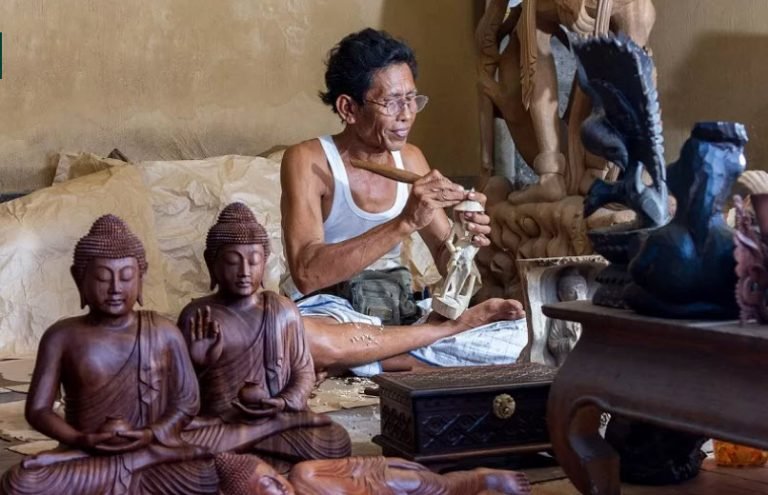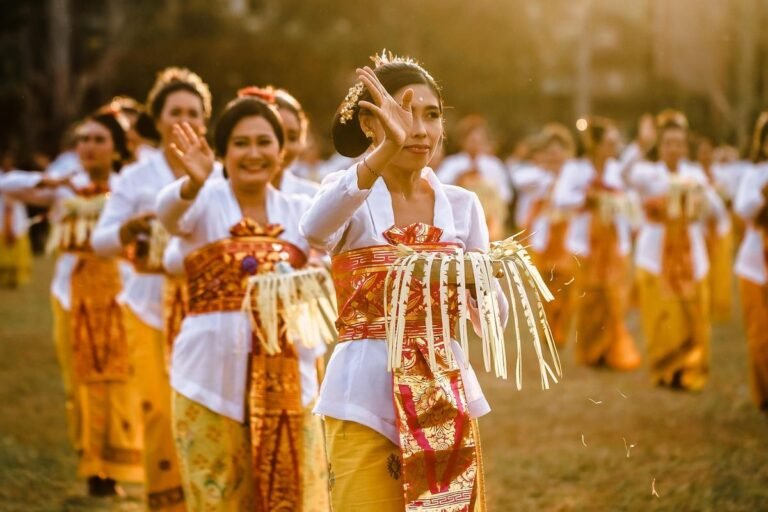Goddess Parvati Becomes Fearsome Mahakali to Annihilate Demon King Raktabija
Goddess Parvati ranks among the principal figures in Hindu lore, honored as the living form of Shakti, the creative force behind every particle of existence. She joins Lord Shiva, the destroyer and guardian within the Trimurti, as his devoted partner. Parvati appears as a figure of tenderness and compassion. Yet within that gentle nature lies a towering strength ready to surface when unseen dangers threaten cosmic harmony.
Sati’s final act took place at the royal assembly when Daksha publicly slighted Shiva. Unable to withstand her father’s disdain, she entered the sacrificial flame and gave up her life. Shiva’s grief turned to exile; he wandered cremation grounds, shunning all beings until new hope emerged. Born to King Himavan and Queen Maina, Parvati carried Sati’s spirit, destined to reunite with Shiva and restore joy to his existence.
Parvati embraced a spiritual path, dedicating herself entirely to Shiva. They reside atop Mount Kailash, a place untouched by sorrow or strife. In that tranquil setting, masculine and feminine energies blend into a living symbol of unity. They dwell in a palace carved from ice and light, a refuge from mortal concerns. Their life there mirrors the balance that holds creation in place.
Legends describe how Parvati undertook austere practices to draw Shiva’s attention. She sat in still meditation beneath no sun, surviving on dew and root bark, her mind fixed on him alone. Years passed as she remained unwavering, proof of her determination. Shiva, pleased by her resolve, finally recognized her spirit, and their bond was sealed with a cosmic vow that echoed throughout creation.
Far below that serene peak, the universe quivers under threats of darkness. Ancient texts speak of asuras, dark beings seeking to overturn divine order and reign over earth and sky. These demons test gods and mortals alike, pushing the world to the brink of ruin. Among them, Raktabija stood out as a terror, an asura whose spilled blood could give birth to countless replicas of himself.
Reports of Raktabija’s conquests rolled in like thunder across the heavens. Villages lay in ruins, temples were desecrated, and even sacred rivers turned crimson. Priests’ voices faltered in terror, unable to complete the ancient hymns that once uplifted every heart. In council halls built among the clouds, Indra and the celestial elders confessed their fear and agreed that only Shakti herself could bring this reign of carnage to an end.
Every blow aimed at Raktabija risked fueling his ranks. Each drop of his blood that touched soil became a new warrior with his strength and will. Blade or arrow would fail to thin his lines, for every wound produced fresh hosts. The gods marshaled their might but watched helplessly as their victories only multiplied the threat. At last, they recognized that no ordinary force could put an end to this menace.
In their darkest hour, the gods turned to Parvati. They knew that only she, as embodiment of Shakti, held energy beyond measure. Night and day, she had drawn on that power in silent meditation, preparing for a moment such as this. When she accepted their plea, hope flickered back into every heart across the worlds battered by endless battle.
Suddenly, Parvati’s calm form transformed into Mahakali, an incarnation of raw strength made visible. Her skin took on a midnight hue, her eyes glowed like burning embers, and locks of hair streamed behind her like dark comets. Arms multiplied, each grasping a weapon once wielded by gods and now entrusted to her alone. Mahakali became the embodiment of relentless destruction, the only force fit to end Raktabija’s saga.
Mahakali descended onto the field with every mountain trembling under her weight. Divine warriors and asuras alike dropped their weapons, awed by her presence. Raktabija, who once laughed at every foe, felt dread twist within him. His armies faltered as he witnessed the storm of her arrival, sensing at last that a true end might be at hand.
In the clash that followed, Mahakali displayed precision and fury in equal measure. She struck with her sword, her discus, her trident, but each cut threatened to spawn new foes from spilled blood. Yet she had prepared: her long tongue darted out, gathering every drop before it could hit the earth. That single move broke his cycle of regeneration. From there, she pressed on with merciless force, tearing down clone after clone until no copy of Raktabija survived.
Silence fell over the battlefield once the final mirror image vanished. Yet Mahakali’s own might refused to quiet itself. From her feet rose the Tandava, a wild performance that shook foundations of sky and earth. Mountains shuddered, seas heaved, and stars flickered as she spun and stamped, her every motion charged with the urge to unmake what she had shattered.
Alarmed by her unstoppable energy, Shiva hurried to the battleground. He stepped between her and oblivion, laying himself face down in her path. No challenge could have tested his resolve more, but he offered only calm. Every chant he ever heard drifted across his lips as he held his breath, waiting for her next step.
When Mahakali’s foot descended, it met Shiva’s back with a soft impact that jolted her from the performance. She looked down and froze, her terrible power slipping away in an instant. In that flash, her many-armed form folded back into Parvati’s familiar shape. The black visage and blazing eyes softened, replaced by the serene countenance of a goddess devoted to love, mercy, and cosmic balance.
Word of Parvati’s return to form spread quickly among gods, sages, and mortals alike. Across the heavens and earth, worshipers offered fresh prayers and lit lamps to honor her mercy. Peace settled over lands once scarred by conflict, as chants of gratitude rose in temples where fear had once silenced every song.







